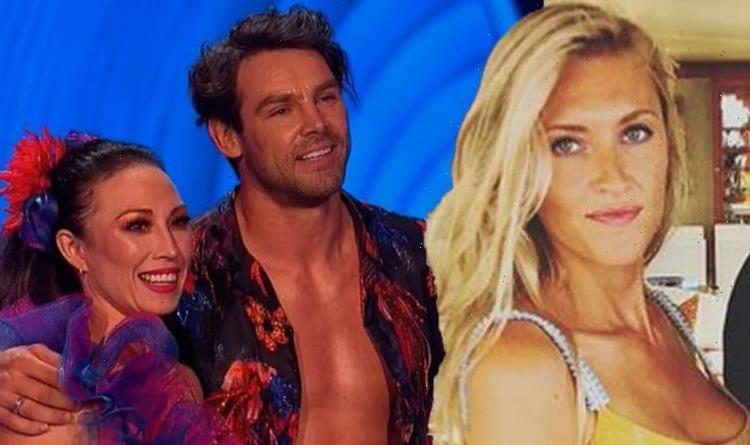Starbucks' (SBUX) reversal of a plan to require its U.S. workers to be vaccinated against COVID-19 or submit to weekly testing has sparked controversy among its loyal clients, as well as baristas on the front lines of the pandemic.
The Seattle coffee giant initially recommended that its workers get vaccinated by February 9th, in accordance with guidance from the Occupational Safety and Health Administration (OSHA), while the unvaccinated would have to submit to weekly testing.
However, the blueprint was scrapped after the U.S. Supreme Court ruled against the Biden administration’s efforts to compel companies to adopt that type of mandate.
“We respect the Court’s ruling and will comply,” John Culver, Chief operating officer and group president for North America at Starbucks, said in a memo to employees. In the note, Culver emphasized that the company will follow local requirements, and that workers are still encouraged to get vaccinated and boosted.
Even without the ruling, the “vast majority” of Starbucks over 200,000-strong U.S. employees are now fully vaccinated, the executive added.
But the coffee giant's reversal still isn't sitting well with some customers, and a subset of its workforce. In recent days, the hashtag "boycott Starbucks" trended on Twitter, with some social media users refusing to patronize a place which does not require employee vaccinations.
Starbucks, which is no stranger to finding itself in the crosshairs of culture battles, is also facing a growing effort of stores trying to unionize. Two weeks ago, some employees at the first unionized Starbucks in Buffalo, New York walked off the job due to workers raising “COVID safety concerns that the company rebuffed.”
Starbucks Workers United, the union representing the two Buffalo-area stores, expressed their disappointment in the company’s reversal on vaccine mandates, which the group says was made without their feedback.
However, a few workers encouraged protesters to find more productive ways to back the coffee chain's employees.
“We truly appreciate the care and concern our community shares with us regarding Starbucks’ decision to axe the vaccine rule," said Kylah Clay, a barista at a Boston-area location.
"Its up to customers on whether they choose to boycott, but if you’re looking for some tangible ways to help your baristas, get vaccinated, donate KN95 masks, complain to corporate, and cheer on the folks fighting for a voice in the company,” Clay added.
A Starbucks representative declined to comment to Yahoo Finance beyond Culver's letter to workers.
'Dreading the OSHA mandate'
The move suggests other companies may follow Starbucks' lead and rescind vaccine requirements, or may craft their own rules, such as United Airlines and Tyson Food. However, the patchwork of COVID-19 mandates nationally have put strains on employers in retail and food services, which have been strapped for workers during the Great Resignation.
A survey last year from consulting firm Willis Towers Watson finds that 57% of all respondents required COVID-19 vaccinations for their employees, including 32% that would put a mandate in place if OSHA’s rule took effect.
"Some companies were dreading the OSHA mandate because the implementation of it was going to be challenging," Lauren Katunich, partner and chair of the Labor & Employment Law Department at Raines Feldman, told Yahoo Finance in an interview.
Yet "some employers were really excited about the OSHA mandate because it gave them cover for doing exactly what they wanted to do," Katunich said.
Those employers can still have those mandatory policies but "they just don't have the cover of being able to say, 'it's not us, it's them.'"
Katunich also explained that workplace mandates are going to be jurisdiction specific, and that there won't be "a one size fits all strategy for every employer. Ultimately, employers are going to explore strategies to combat the spread of COVID while making business decisions that keep them operational."
Starbucks also announced a variety of COVID-19 safety protocols this week. Workers are now required to wear at least one three-ply, medical grade masks, which the company said are available in stores. Also, the chain will temporarily expand its self isolation policy to help flatten the curve on COVID infection.
The coffee giant continues to encourage employees to get vaccinated and get the booster and offers two hours of paid leave for getting the shots.
Analysts on Wall Street are still keeping a close on the unionization efforts that's affecting Starbucks and spreading across the country, but the longer-term implications remain unclear.
Brett Levy, executive director of MKM partners, wrote in a recent note to clients that the labor strains are "a topic more worthy of paying close attention to for its potentially shaping of the landscape than its near-term P&L impacts."
Starbucks last traded above $97 per share, down nearly 1% on the session.
Dani Romero is a reporter for Yahoo Finance. Follow her on Twitter: @daniromerotv
Read the latest financial and business news from Yahoo Finance
Follow Yahoo Finance on Twitter, Instagram, YouTube, Facebook, Flipboard, and LinkedIn
Source: Read Full Article


